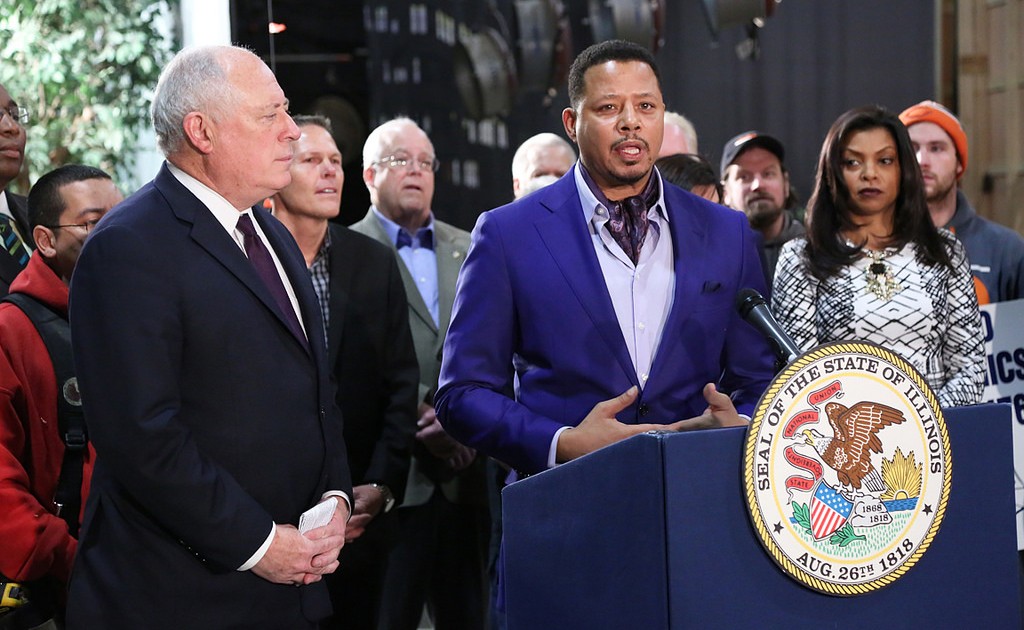Empire found success by capturing the journey of hip-hop
It’s been a minute since Empire first launched its pilot. Now, 12 titillating episodes later, this Fox drama has hooked 23 million viewers, with our First Lady Michelle Obama among the first to confess unbridled passion for the show.
The show has got all the makings of a melodrama — a gay son with a homophobic father, a fierce ex-wife, a dying man, murder, cheating, money — every element imaginable. It’s hard to imagine that all that melodrama could fit under a veil of sophistication. But Empire has certainly done just that, and everyone in Hollywood is trying to figure out how. The answer: hip-hop.
One of the key reasons behind Empire’s success is that the show treats the complex subject and genre of hip-hop with unwavering attention and utmost seriousness. By plotting out the timeline of Lucious Lyon’s life as he progresses from a dope-dealing gangster to the CEO of a publicly traded company, Empire explores the changing nature of the hip-hop industry itself.
With its roots in the streets of New York, hip-hop began as rebellious, subversive and almost synonymous with criminal activity. It wasn’t uncommon for rappers to celebrate criminality and their defiance of the police. Over the years, hip-hop grew more popular and rappers became more legitimate. Though artists such as Dr. Dre, Jay-Z and Kanye West talk about their tough origins, they still are, at the end of the day, successful entrepreneurs. They’re symbols of high financial and social status — not representatives of the gang life.
Empire plays off of the growing popularity of hip-hop culture and embodies the struggle of that powerful music genre in the character of Lyon, a man held back by his “gangster” past while, at the same time, striving to forge a life of wealth and status in mainstream society.
Mona Xia is a sophomore majoring in critical studies. Her column, “Footnotes,” runs Thursdays.

